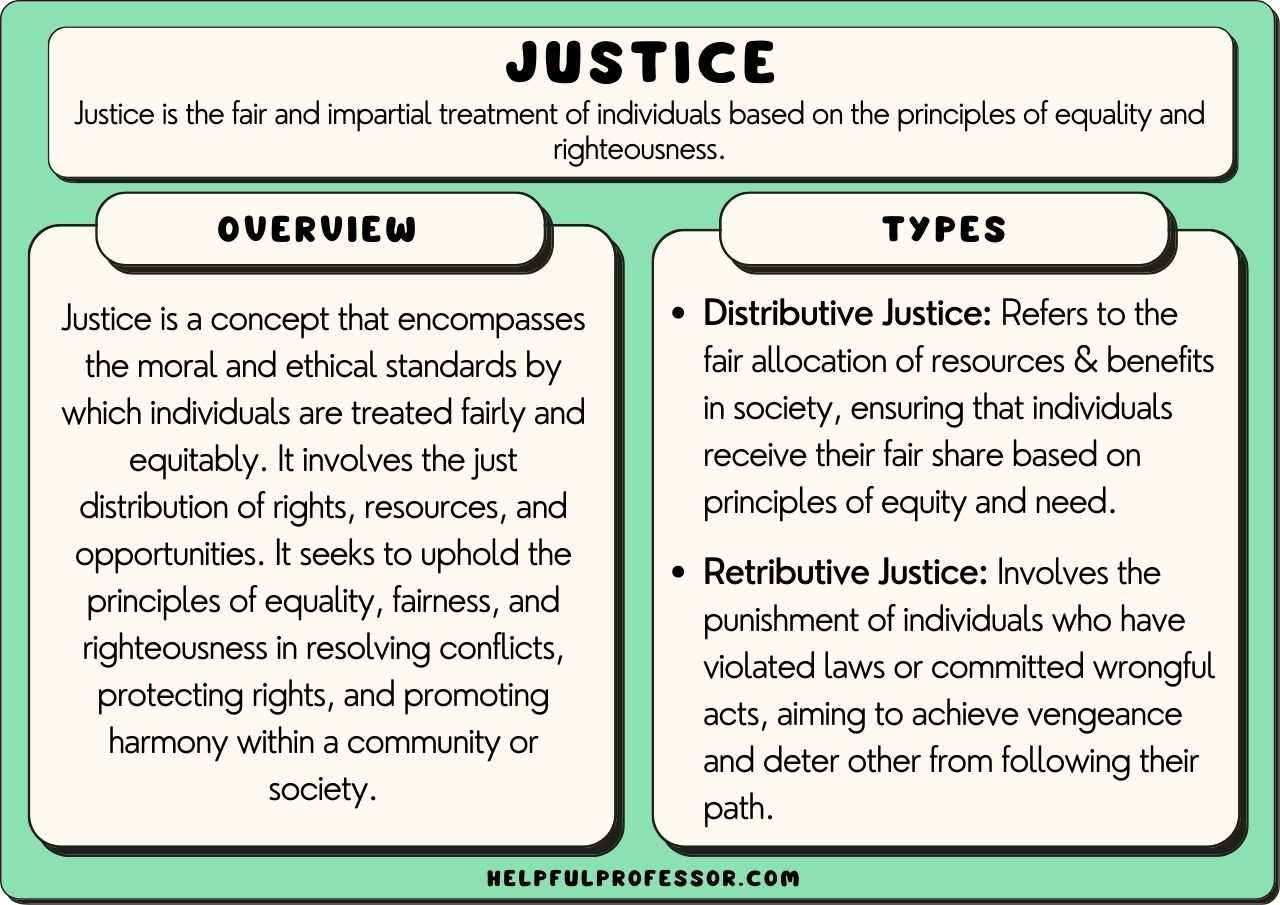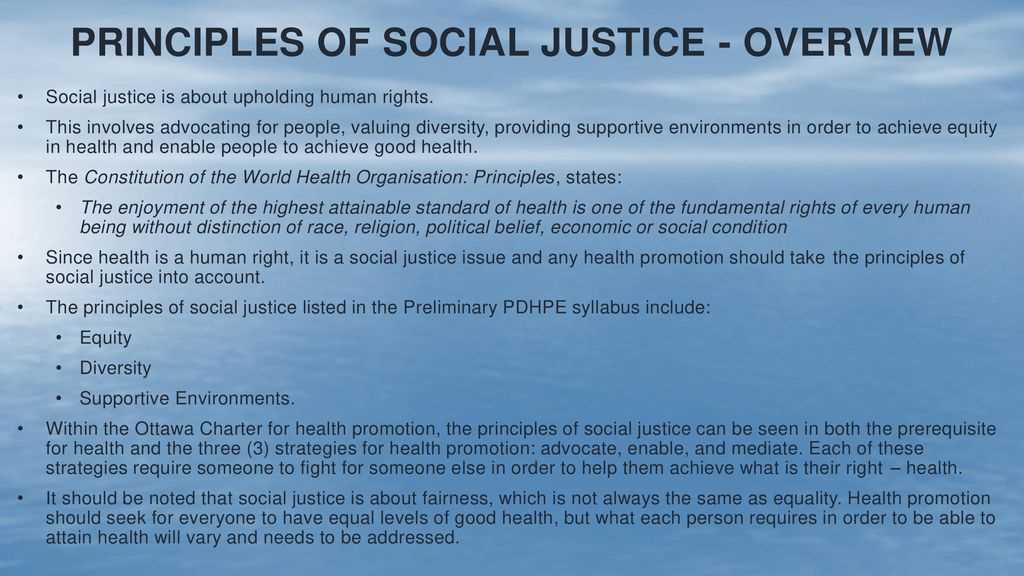Exploring the Concept of Social Justice

Social justice is a fundamental concept that seeks to address and rectify the inequalities and injustices that exist within society. It encompasses the fair distribution of resources, opportunities, and privileges among all individuals, regardless of their race, gender, socioeconomic status, or other characteristics.
At its core, social justice aims to create a society where everyone has equal access to basic needs such as education, healthcare, housing, and employment. It recognizes the importance of removing barriers and systemic biases that hinder individuals from fully participating in society and reaching their full potential.
One key aspect of social justice is the recognition and acknowledgement of historical and ongoing injustices. It acknowledges that certain groups have been marginalized and oppressed throughout history, and seeks to address these past and present injustices through various means such as affirmative action, reparations, and policy reforms.
Another important principle of social justice is the promotion of equity. It goes beyond the concept of equality, which treats everyone the same, and instead focuses on providing individuals with the necessary support and resources to achieve equal outcomes. This may involve implementing policies and programs that specifically target disadvantaged groups and provide them with additional assistance.
Furthermore, social justice emphasizes the importance of inclusivity and diversity. It recognizes that society is made up of individuals with different backgrounds, experiences, and perspectives, and values the contributions and perspectives of all members of society. It strives to create an inclusive environment where everyone feels valued, respected, and empowered.
Lastly, social justice is an ongoing process that requires continuous effort and commitment. It involves challenging and dismantling existing systems of oppression and advocating for change. It requires individuals, communities, and institutions to actively work towards creating a more just and equitable society.
Key Principles of Social Justice

Social justice is a concept that aims to create a fair and equitable society by addressing systemic inequalities and promoting equal opportunities for all individuals. It is based on the principles of equality, solidarity, and human rights. Here are some key principles of social justice:
- Equality: Social justice advocates for equal rights and opportunities for all individuals, regardless of their race, gender, socioeconomic status, or other characteristics. It recognizes that everyone should have the same access to resources and opportunities to thrive.
- Equity: While equality focuses on treating everyone the same, equity emphasizes fairness and ensuring that everyone has what they need to succeed. It recognizes that different individuals may require different levels of support and resources to overcome systemic barriers.
- Human rights: Social justice is grounded in the belief that every individual has inherent dignity and is entitled to certain fundamental rights. These rights include access to education, healthcare, housing, and a fair justice system.
- Solidarity: Social justice promotes the idea of collective responsibility and mutual support. It emphasizes the importance of standing together to address systemic injustices and advocating for the rights of marginalized groups.
- Participation: Social justice encourages active participation and engagement from all members of society. It recognizes the importance of including diverse perspectives and voices in decision-making processes to ensure that policies and practices are fair and inclusive.
- Accountability: Social justice calls for holding individuals, institutions, and systems accountable for their actions and policies. It seeks to challenge and change structures that perpetuate inequality and discrimination.

Emily Bibb simplifies finance through bestselling books and articles, bridging complex concepts for everyday understanding. Engaging audiences via social media, she shares insights for financial success. Active in seminars and philanthropy, Bibb aims to create a more financially informed society, driven by her passion for empowering others.
